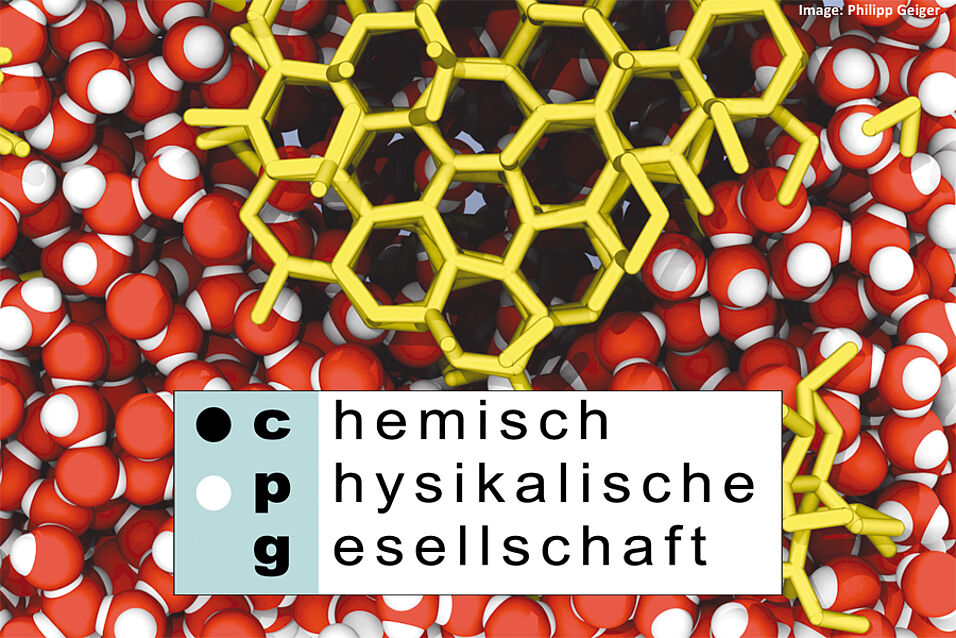Quantum systems can exhibit a form of genuine quantum correlation – entanglement – that goes beyond what is classically possible. Besides being an important resource for quantum communication, the presence of entangle-ment can also be seen as an indicator of coherence in and level of control over quantum systems. Entanglement certification is hence a benchmarking task relevant for many quantum technologies.
There are many ways quantum systems can be entangled, ranging from the archetypal two-qubit case to more exotic scenarios of entanglement in high dimensions or between many parties. Consequently, a plethora of entan-glement quantifiers and classifiers exist, corresponding to different operational paradigms and mathematical tech-niques. However, for many quantum systems, exactly quantifying the amount of entanglement is extremely de-manding, if at all possible. This is further exacerbated by the difficulty of experimentally controlling and measuring complex quantum states.
Consequently, there are various approaches for experimentally detecting and certifying entanglement when exact quantification is not an option, with a particular focus on practically implementable methods and resource efficiency [1]. The applicability and performance of these methods strongly depends on the assumptions one is willing to make regarding the involved quantum states and measurements, in short, on the available prior information about the quantum system.
In this talk, I will first briefly review the basic theory of bipartite entanglement between two qubits (see, e.g., [2] for an overview), before presenting two recent approaches towards efficient entanglement certification in state-of-the-art experiments: the certification of high-dimensional entanglement between photon pairs relevant for quantum communication [3], and the detection of genuine multipartite entanglement structures in a trapped-ion quantum simulator [4].
[1] Nicolai Friis, Giuseppe Vitagliano, Mehul Malik, and Marcus Huber, Entanglement certification from theory to experiment, Nat. Rev. Phys. 1, 72 (2019).
[2] Nicolai Friis, Sridhar Bulusu, and Reinhold A. Bertlmann, Geometry of two-qubit states with negative con-ditional entropy, J. Phys. A: Math. Theor. 50, 125301 (2017).
[3] Jessica Bavaresco, Natalia Herrera Valencia, Claude Klöckl, Matej Pivoluska, Paul Erker, Nicolai Friis, Mehul Malik, and Marcus Huber, Measurements in two bases are sufficient for certifying high-dimen-sional entanglement, Nat. Phys. 14, 1032 (2018).
[4] Nicolai Friis, Oliver Marty, Christine Maier, Cornelius Hempel, Milan Holzäpfel, Petar Jurcevic, Martin B. Plenio, Marcus Huber, Christian Roos, Rainer Blatt, and Ben Lanyon, Observation of Entangled States of a Fully Controlled 20-Qubit System, Phys. Rev. X 8, 021012 (2018).
Nicolai Friis (Vienna): Entanglement detection and certification for benchmarking quantum technologies
Location:
Verwandte Dateien
- Friis-03.12.19.pdf 269 KB

